Publications
Articles, publications, books, tools and multimedia features from the U.S. Institute of Peace provide the latest news, analysis, research findings, practitioner guides and reports, all related to the conflict zones and issues that are at the center of the Institute’s work to prevent and reduce violent conflict.
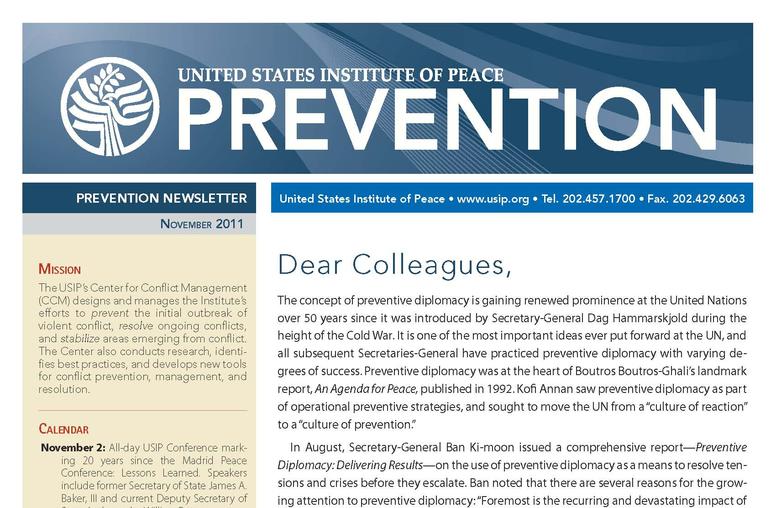
USIP Prevention Newsletter - November 2011
The November 2011 Prevention Newsletter features a spotlight on the Palestinian Quest for Statehood: On September 23, Palestinian President Mahmoud Abbas submitted an application to admit Palestine as a full-state member of the United Nations. The Palestinian and Israeli leaders should capitalize on their recent boosts in domestic popularity to pursue serious progress towards peace.
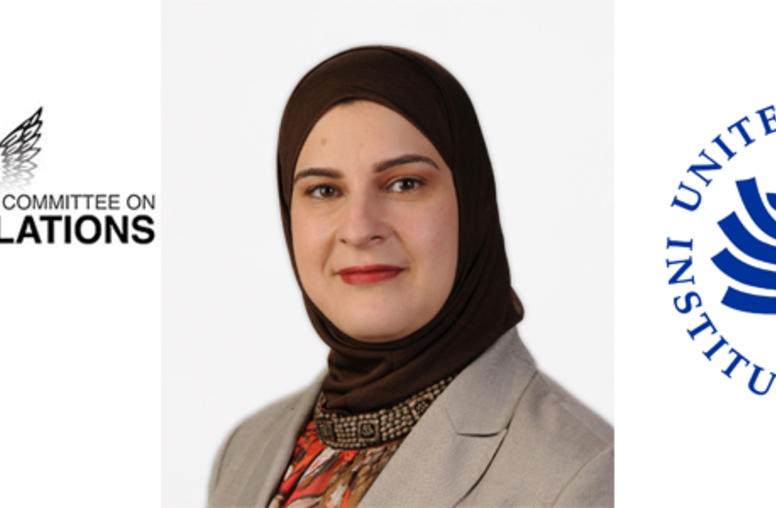
Women and the Arab Spring
Manal Omar, director of Iran, Iraq and North Africa programs at the U.S. Institute of Peace, testified before the Senate Foreign Relations committee on November 2, 2011, on the role of women in the Arab Spring, and more specifically, their role in Libya.
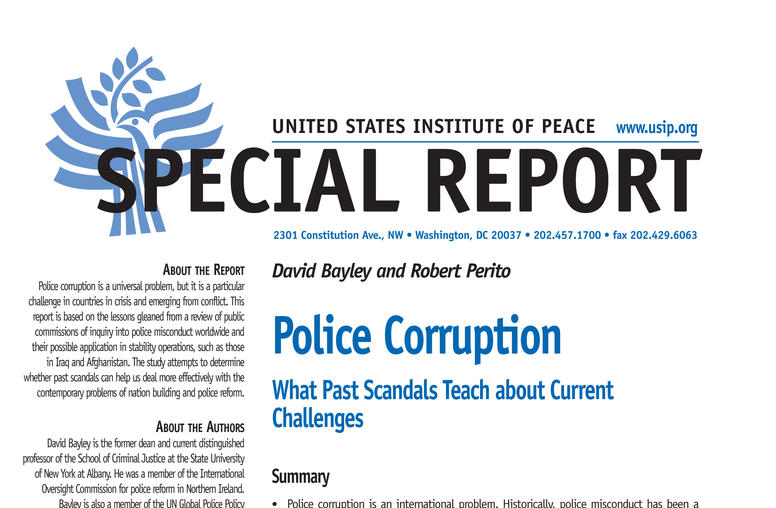
Police Corruption
Police corruption is a universal problem, but it is a particular challenge in countries in crisis and emerging from conflict. This report is based on the lessons gleaned from a review of public commissions of inquiry into police misconduct worldwide and their possible application in stability operations, such as those in Iraq and Afghanistan.
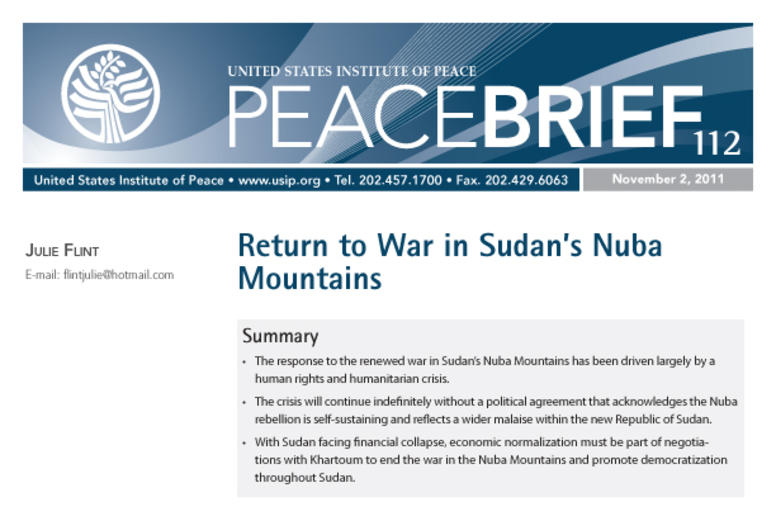
Return to War in Sudan’s Nuba Mountains
This brief looks at what is driving the fighting in Sudan’s Nuba Mountains. Journalist Julie Flint has written extensively on Sudan, reporting on the Nuba Mountains since 1992. This piece is based on her most recent visit, in September.
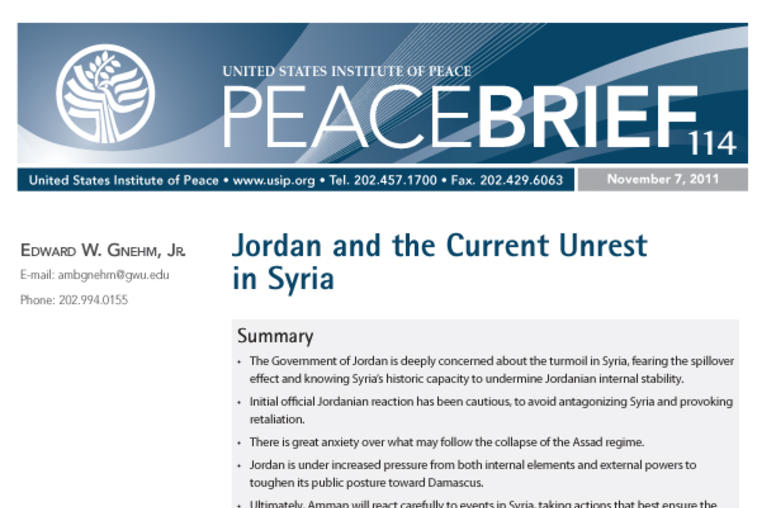
Jordan and the Current Unrest in Syria
The Government of Jordan is deeply concerned about the turmoil in Syria, fearing the spillover effect and knowing Syria’s historic capacity to undermine Jordanian internal stability. Edward Gnehm, the Kuwait Professor of Gulf and Arabian Affairs at the George Washington University, looks at the impact the turmoil in Syria could have on Jordan.
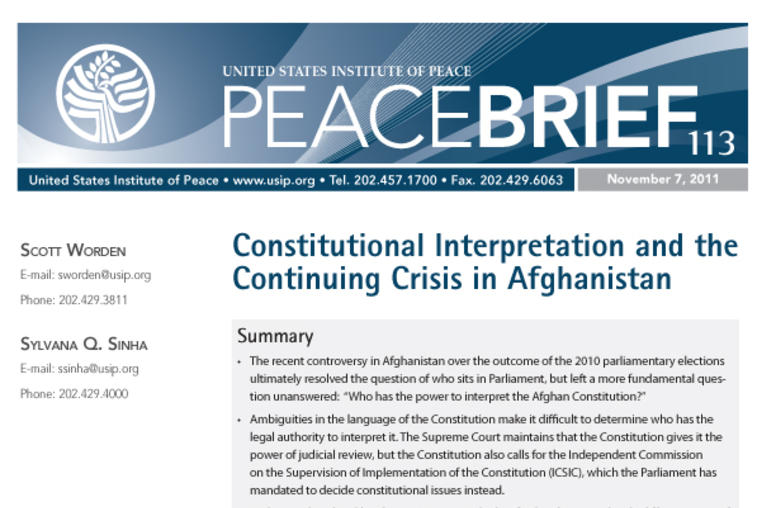
Constitutional Interpretation and the Continuing Crisis in Afghanistan
This Peace Brief reports on controversies surrounding interpretation of the 2004 Afghanistan Constitution, which have created a crisis of confidence in the rule of law that the authors argue must be resolved for national reconciliation to occur.
Praise for "Rewiring Regional Security in a Fragmented World"
“Rewiring Regional Security in a Fragmented World captures the variety of security challenges and the diversity of conflict management practice across the regions. Featuring regional voices, this timely and innovative volume will help students and practitioners grasp the global conversations taking place on conflict and security issues. The editors are surely correct to conclude that we live in an age where security is divisible but collective action is more necessary than ever.”
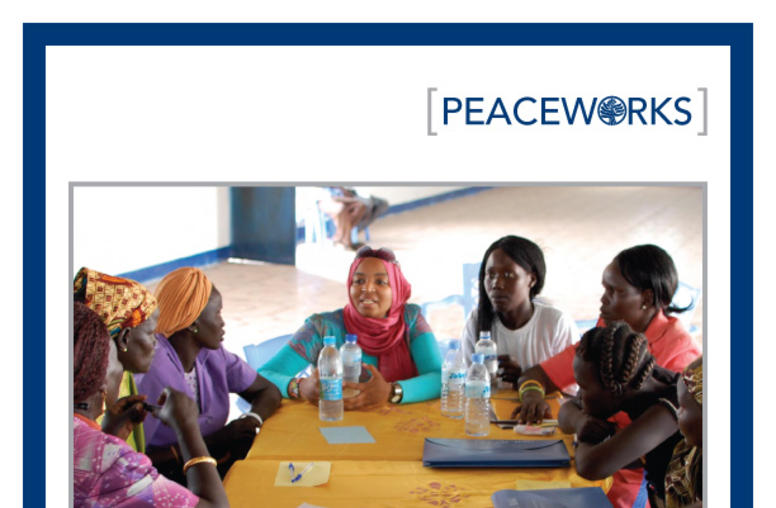
Peace Education
A new study takes stock of grantmaking in the area of peace education. It urges more support for creative, long-term approaches that test theories of change and are rooted in conflict analysis, sound evaluation plans, and indigenous approaches to peacebuilding in the classroom.
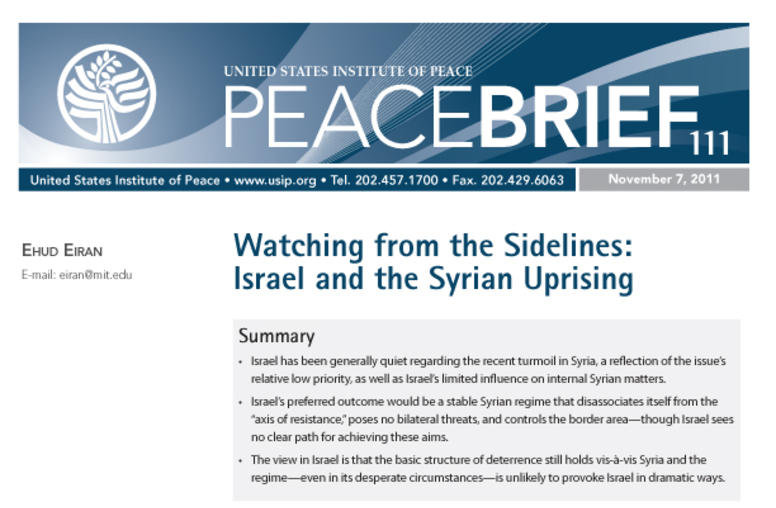
Watching from the Sidelines: Israel and the Syrian Uprising
This brief is part of a series examining the regional dimensions of Syria’s popular uprising. This brief was written by Ehud Eiran, a post-doctoral fellow at the Department of International Relations at Haifa University, Israel.
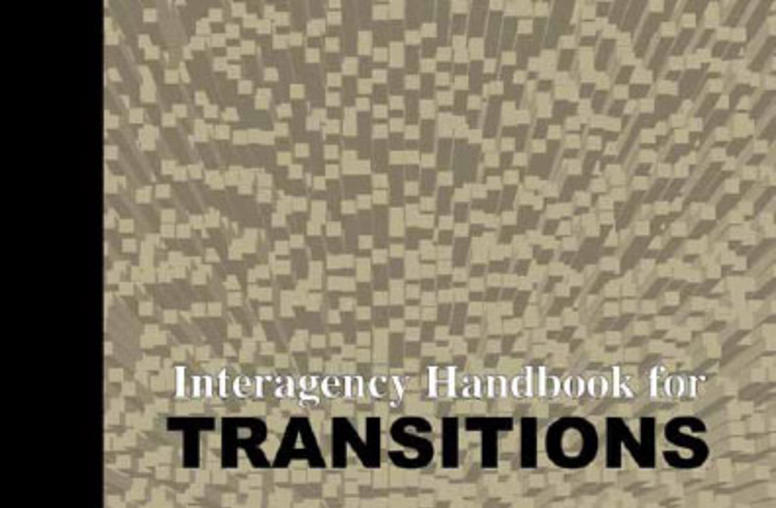
USIP and the U.S. Army Team Up For How-To Guide on Stability Operations
The United States Institute of Peace, the Simons Center for the Study of Interagency Cooperation and the U.S. Army Combined Arms Center got together to discuss challenges and lessons learned from more than a decade of stability operations.